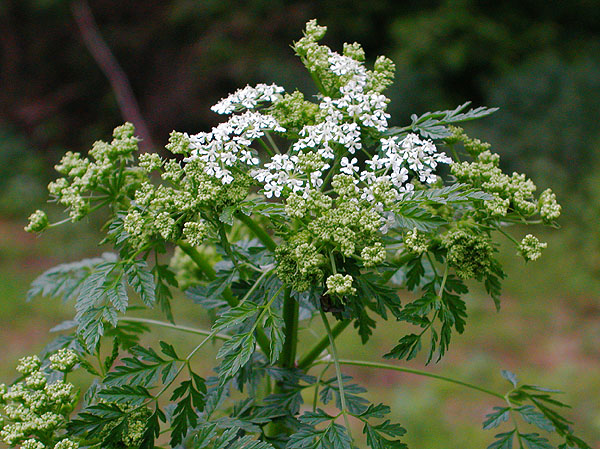
Introduction
Noxious weeds can best be understood by referring to the Federal Noxious Weed Act of 1974 that defines a noxious weed as,
“…any living stage (including seeds and reproductive parts) of a parasitic or other plant of a kind which is of foreign origin, is new to or not widely prevalent in the U.S., and can directly or indirectly injure crops, other useful plants, livestock, poultry or other interests of agriculture, including irrigation, navigation, fish and wildlife resources, or the public health.”
This description encompasses issues related to economic damage and threats to human interests. The term noxious weeds does not encompass all invasive plant species in a region. To contrast noxious weeds, invasive species, sometime referred to as invasive alien species, are plants that are not native to an area.
In the state of Idaho, there are 67 listed noxious weeds that are categorized into three tiers of concern. However, there may be more than 67 invasive plant species in the state of Idaho.
Did you know that the University of Idaho Extension has recently published the 9th edition of Idaho’s Noxious Weeds? Available in a handy spiral-bound pocket book for $5 or for free as a PDF.
Summary of Rules, Regulations, and Responsibilities
There are two major pieces of legislation that affect Idaho regarding noxious weeds. The Federal Noxious Weed Act of 1974 was enacted during the Nixon administration. As mentioned in the introduction the act is concerned by economic threats caused by invasive species. The Idaho Code, Title 22, Chapter 24 is more pertinent to the Palouse area in regard to citizens’ rights and responsibilities when noxious weeds are present on their property. Specifically, the document contains five duties of landowners and citizens:
- It shall be the duty and responsibility of all landowners to control noxious weeds on their land and property, in accordance with this chapter and with rules promulgated by the director.
- The cost of controlling noxious weeds shall be the obligation of the landowner.
- Noxious weed control must be for prevention, eradication, rehabilitation, control or containment efforts. However, areas may be modified from the eradication requirement if the landowner is a participant in a county-approved weed management plan or county-approved cooperative weed management area.
- The landowner shall reimburse the county control authority for work done because of failure to comply with a five (5) day notice, as outlined in section 22-2405, Idaho Code.
- If an article is infested with noxious weeds, it shall not be moved from designated premises until it is treated in accordance with the applicable rules, or in accordance with the written permission of a control authority.
The first duty for landowners and citizens, “to control noxious weeds on their land and property,” can only be achieved if individuals are able to identify noxious species on their property.
Why Does PCEI Care About Noxious Weeds?
The Restoration Program at PCEI dedicates a good portion of its time restoring ecosystems in the Palouse Clearwater region with native plants. Native plants grow in native soil and support native wildlife in a way invasive, noxious weeds do not. The AmeriCorps members that work in these restoration efforts spend time identifying and eliminating noxious weeds in order to help native flora and fauna flourish. By helping the native biodiversity grow, the Palouse Clearwater ecosystems improve, which is why PCEI cares about removing noxious weeds from the region.
The Economic Cost of Noxious Weeds
If pulling weeds to aid native ecosystems does not seem reason enough to join the struggle, perhaps their detrimental costs will. Gleaned from the article,“What We’ve Learned From Idaho’s Past,” written by Roger Batt, is a revelation of the exorbitant prices paid due to invasive weeds. The article states:
“It is estimated that invasive weeds will impact Idaho’s economy by approximately $300 million this year. Idaho farmers and ranchers spend in the upwards of $15 million a year to fight this ecological war. And nationwide, noxious weeds are spreading at an alarming rate of 4,600 acres a day if left untreated and are costing our nation’s economy approximately $18 billion annually.”
Native ecosystems and the economy are both suffering from the spread of weeds! So do something good for the environment and the economy – volunteer to help pull weeds!